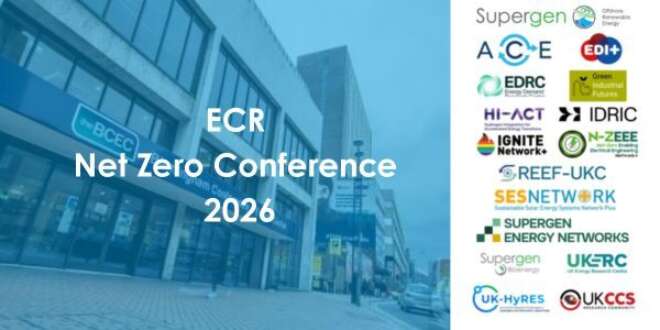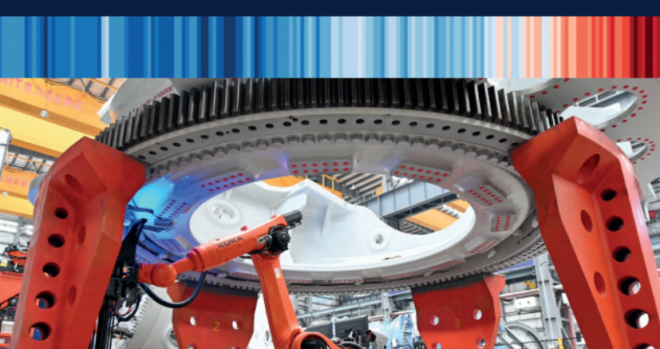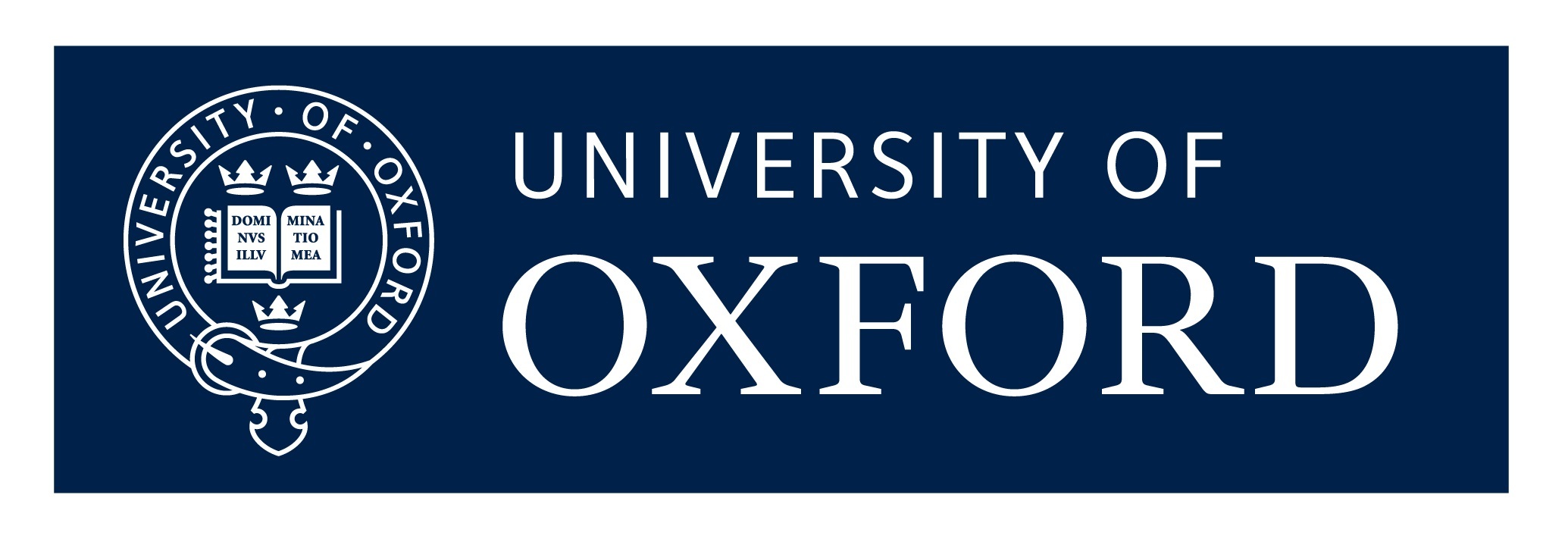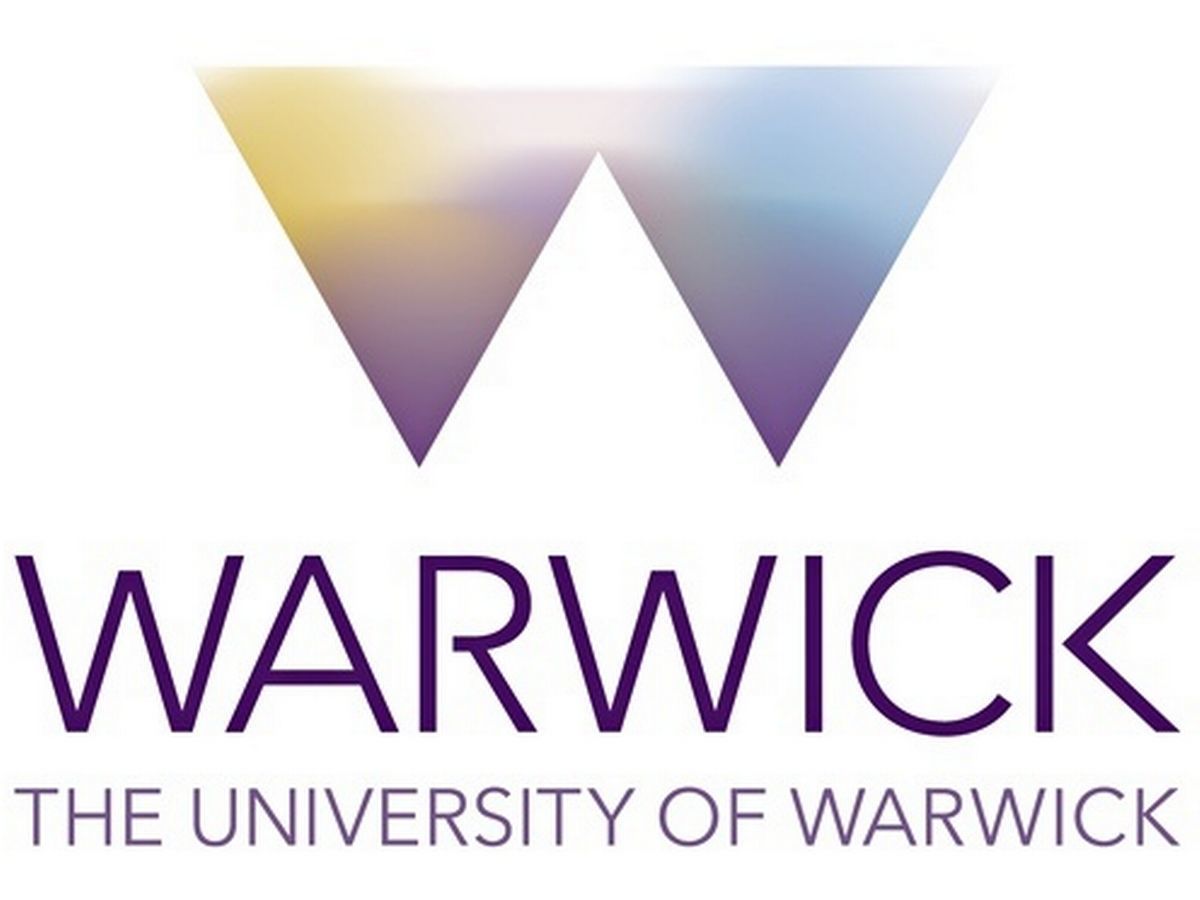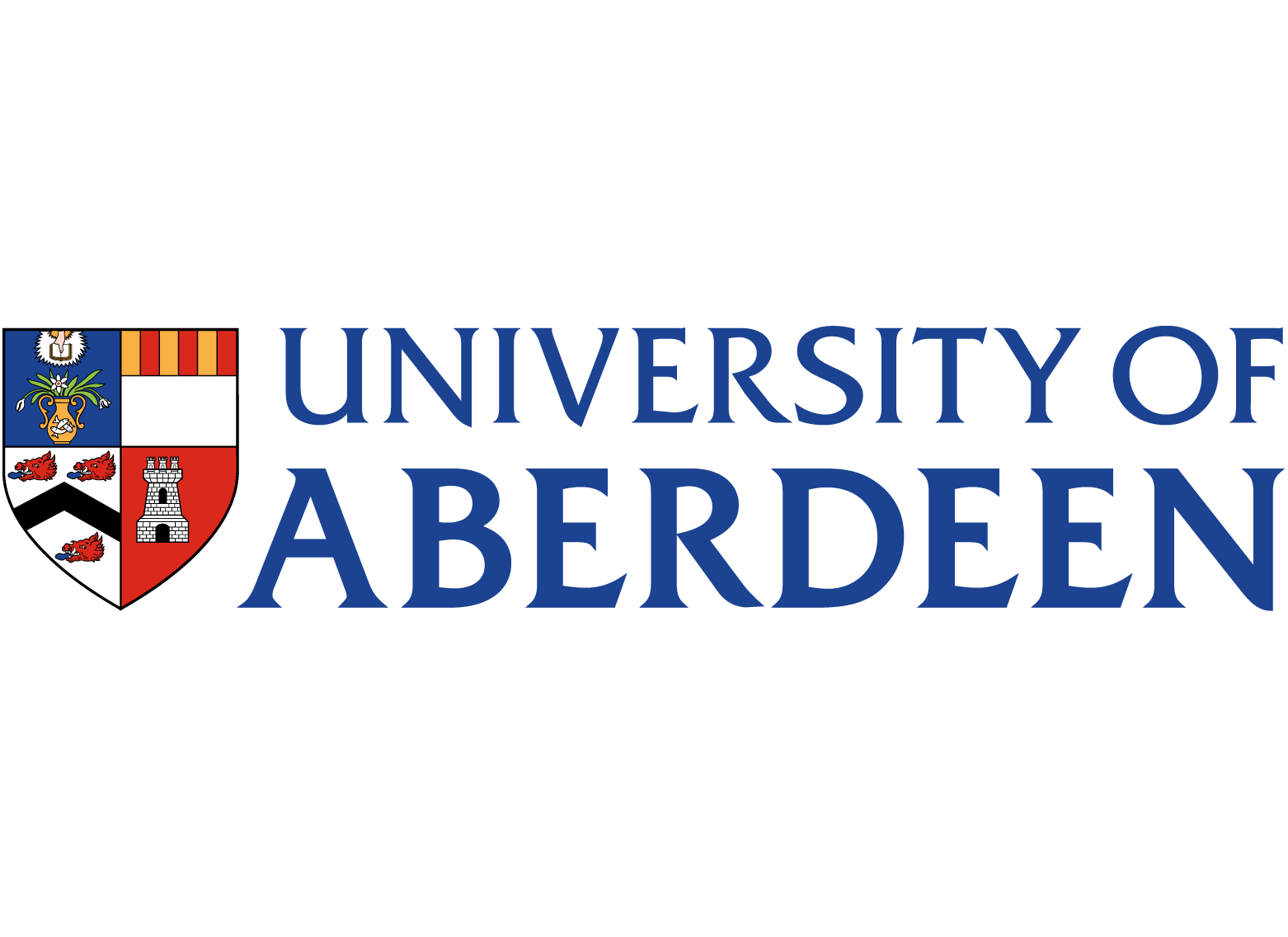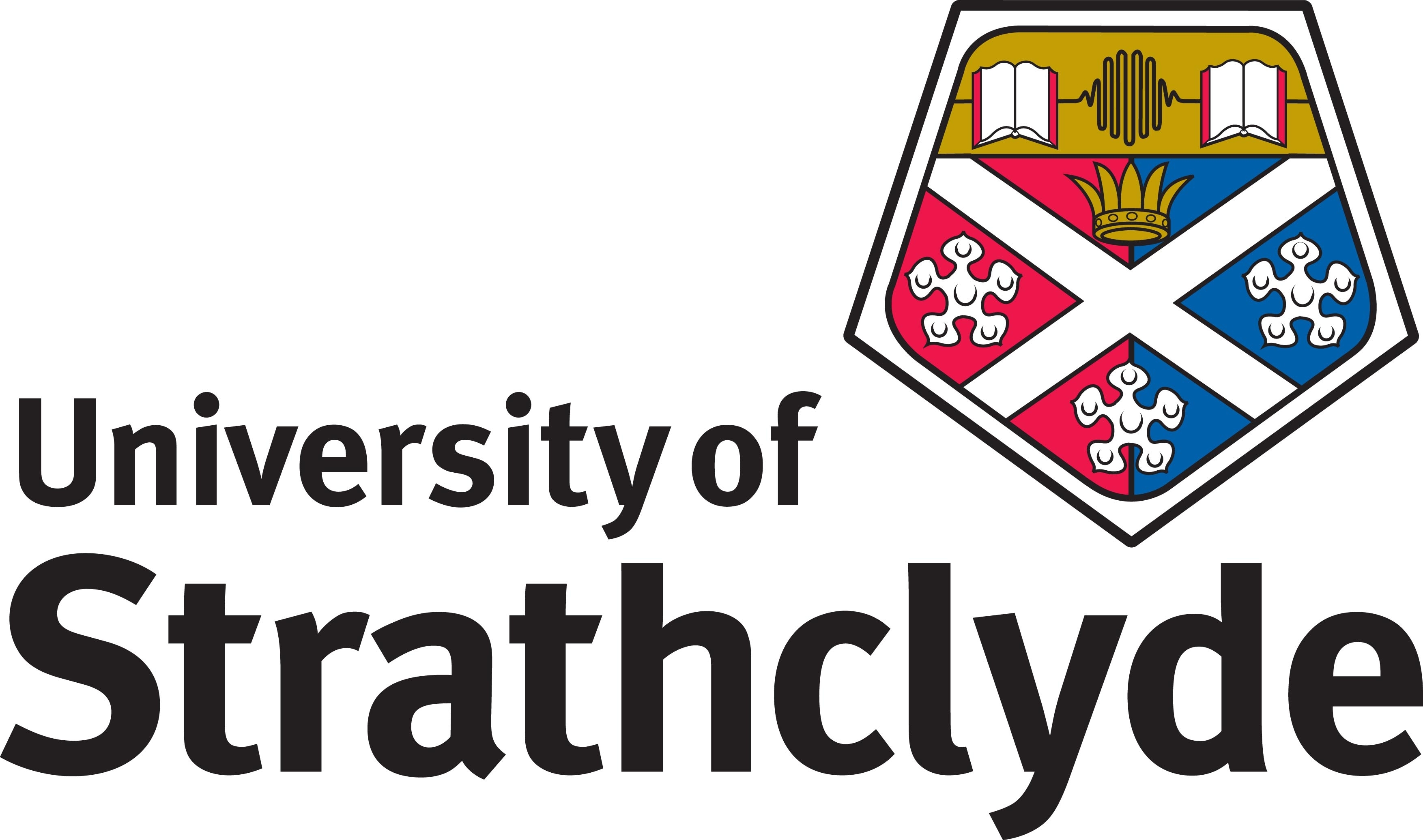The project
Offshore Renewable Energy (ORE), and multiple other marine technology interventions, are constrained by insufficient understanding, at the right scales and times, of the dynamic interactions of underlying ocean physical and environmental processes. These processes, including waves-current-turbulent atmosphere, are not adequately measured, statistically characterised or modelled to enable efficient design and operation of offshore infrastructure. For tidal energy sites in particular, spatial variability and the presence of waves result in significant uncertainties in device response and performance, with yield prediction errors of 30% reported. These effects are amplified across arrays. Further, recent research indicates that channel-scale three-dimensional (3D) flow features play a dominant role in the error of array yield predictions. Numerical simulation tools must replicate waves, spatial variability and 3D flow features robustly, with complexity built up in a modular way and with holistic and transparent spatial calibration and validation. Model calibration-validation in ORE lags other sectors e.g., climate modelling, epidemiological models of the covid pandemic and petrochemical exploration. Statistical techniques, commonly used in e.g., economics, neurology and seismology, are underused and could be readily adapted to help characterise spatial features of the flow. The project team have identified a large and costly gap between the development of increasingly complex and powerful models in academia and their adoption & exploitation by ORE organisations. FASTWATER is a targeted programme of research which - informed by industry - builds on multiple
EPSRC academic and UK and EC industrial-academic projects, to bridge this gap. The primary aim is to reduce the cost of tidal energy arrays by developing powerful simulation tools that can be readily exploited by the sector.
Dr Brian Sellar - Principal Investigator
Dr Brian Sellar is a Chancellor’s Fellow (Lecturer) in ORE appointed in 2019. He currently oversees advanced in-situ measurement and wave-current modelling campaigns as Co-Investigator and work-package (WP) lead on the EC RealTide project (2018-2021, €5m). He leads a team of 3 PDRAs and PhD students from 4 ORE-related CDTs including IDCORE. During the ReDAPT tidal project (ETI, £12.8m 2010-2015) as a post-doctoral research associate (PDRA) (latterly promoted to a Project Management role) he delivered an open globally unique met-ocean database featuring wave-currents-turbulence data from UK waters. Exploited nationally and internationally by numerical and physical modellers and device designers the dataset is being transferred in upgraded form to the RealTide Tidal Database in Q3 2021. Sellar leads as PI for UoE the EC Resourcecode (2018-2021 €2m) project developing large-scale WEC resource models and end-user tools. His applied research (interfacing measurements, machines and models) provides a system-wide perspective. Sellar will lead on ORE Hub Engagement, have an advisory role on all WPs and lead the overall project.
